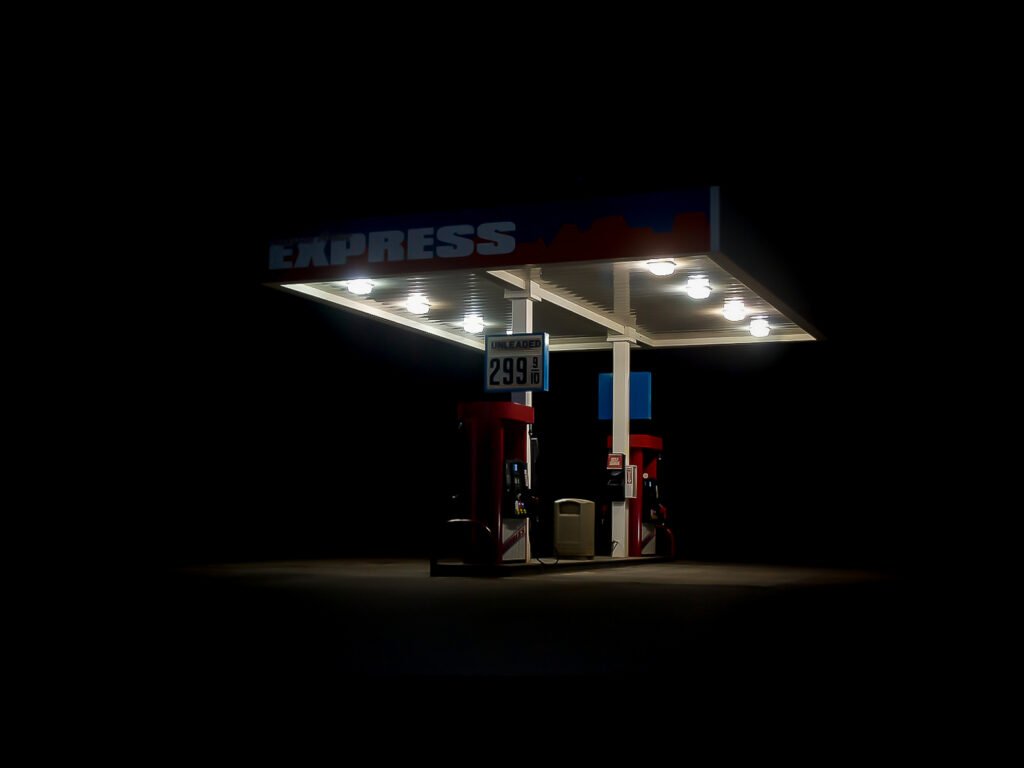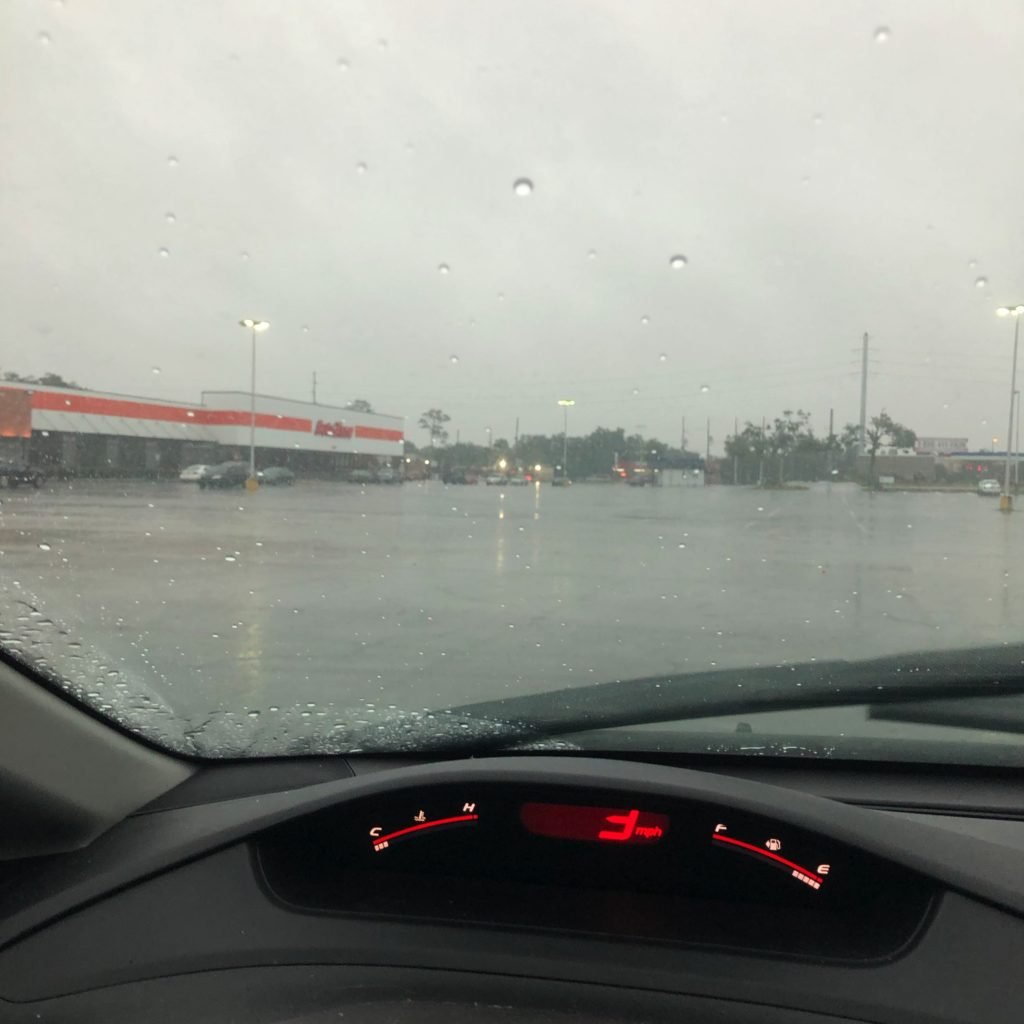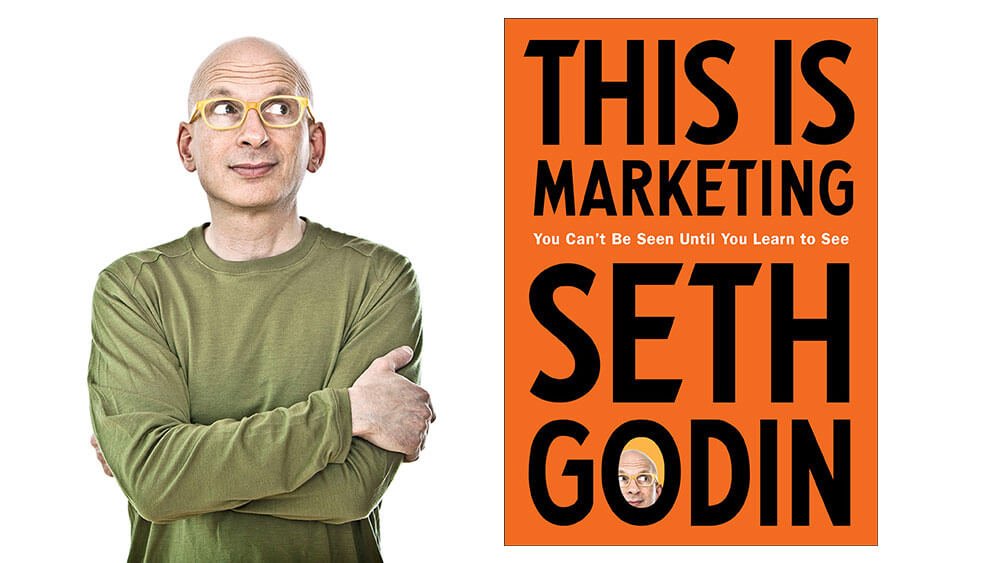
About a year ago, as the pandemic’s elongated reality started setting in, I discovered the blog of James A. Reeves. James was writing a few paragraphs a day under the tag ‘Notes from the End of a World.’ These posts relayed James’s feelings and reactions to a world on fire, embossed by his memories and unshakable present circumstances. Reading these entries became part of my daily routine — in isolation, I connected to this distant person feeling a lot of the same things as me, even if through a different nostalgic lens.
Also: James has excellent taste in music and ended each blog entry with a song recommendation, often linked by title to the theme of the day’s writing.
James A. Reeves is an artist as well as a writer and, according to his About page, is interested in “the role of ritual and faith in the digital age.” He’s published two books (one of which — The Road To Somewhere — I just purchased as I want to read more of his writing) and is presently working on a novel about “a loud god.” On the art front, he’s recently collaborated with Candy Chang on a public installation titled Light the Barricades. It’s on display at The Mint Museum in Charlotte, North Carolina, through July 25. And James and Candy will have a new installation on the subject of loss, opening in September in the chapel at Green-Wood Cemetery in Brooklyn.
James also takes night photos of roadside service stations. Here’s one of them, below, followed by a bit of 3+1:

————–
1: You blogged every day in 2020 but had no idea about the pandemic when you started this endeavor. Besides the topics, how do you think your posts and blogging would have differed if there was no COVID monster?
For eight years, I’ve kept a nightly journal, and last year I decided to make it public because I wanted to kill the mean little perfectionist in my head, the part that writes ninety-percent of an essay or story then leaves it to languish in some folder in the cloud. The good thing about writing in public is that it forces you to complete a thought, or at least make it semi-coherent. Otherwise, my notebooks are filled with scribbles like Remember that shade of red + storm chasers + nefarious forces.
I initially expected to write about nostalgia because I worry about how my perception is warping as I grow older, which carries the hazard of pining for simpler times that never existed. I often think about the poet Ovid who mourned a vanished “golden age of harmony and invention.” He wrote that in the year 8. And yet: there’s the very real sense the wheels are coming off, that the weather and algorithms are steadily rewiring the world until one day it will be unrecognizable. So I wanted to have a record of these in-between days when familiar routines and moments of beauty are constantly colliding with breaking news, attention hijacking, and the two-minute hates of social media.
But writing about nostalgia felt incredibly unhelpful in the light of a pandemic. Throughout 2020, I became increasingly anxious about writing anything that resembled opinion-mongering or soothsaying. I’m mystified by how many people claim to understand how the world works, how other people think, or what will happen next. The smartest thing I ever heard was from an old man in New Orleans who told me, “Opinions kill motherfuckers and experience saves lives.” So last year, I ended up writing quite a bit about my experiences with grief and my desire for some faith.
2: You mentioned in your email newsletter that you’re now writing fiction instead of the daily public life-journalling you were doing in 2020. Why the change? Is the shift in your practice changing your mindset or the way you’re settling into 2021? Will we get to see any of these writings, or are they only for you?
I’ve been rewriting the same novel about a loud god for six years, and it’s time to finish the thing. And after a year spent monitoring headlines, fiction feels like an increasingly liberating possibility that can sidestep this humiliating age of thought leaders, pundits, and charlatans because it allows us to imagine our way into complex questions without demanding an opinion. For example: I’m fascinated by the future of faith. As the world gets weirder, this will create a vacuum for new gods, cults, and dogma. So what do I make of my own craving for some otherworldly ethic or mythology? If I were to expand these ideas into an essay, it’d probably be an insufferable piece of writing. Others can pull it off, but last year I discovered I couldn’t. But if it’s a novel about, say, people who begin to hear the voice of God in discount superstores, then it becomes a canvas for these ideas to play around without becoming didactic.1Footnote from James: I realize it’s odd to champion fiction while our relationship to truth feels increasingly tenuous as more and more of us are caught in fractured realities powered by the mechanics of bad storytelling: hyperbole, dot-connecting, the high drama of us versus them, etc. And reckoning with this growing hunger for conspiracy seems like one of the biggest tasks of our time.
I rewired some bits from the novel into short stories (two of which were published here and here), and I hope this book goes into the world someday. But the odds of getting a novel published are tremendously long, which is a good reminder for me to do the work for its own sake, for the pleasure (and pain) it brings.
3: What is it about dimly lit gas stations photographed in the middle of the night?
A lone gas station in the night feels like church. Maybe it’s the lighting, which has the chiaroscuro of a Caravaggio, or the optics of some sci-fi temple. There are probably symbolic and limbic reasons that I don’t fully grasp: a sanctuary or crossroads, the proverbial light at the end of the tunnel. It’s also the only situation where fluorescent lights are worth a damn.
+1: Something you love that more people should know about.
Two answers came to mind at the same time, and they’re connected. The first is the music of Bohren and Der Club of Gore. Their music is essential to my writing life. Particularly Midnight Radio, which is slow-motion doom jazz with a light-night neon aesthetic that points to the second thing: staying up late with the radio when I was a teenager in metro Detroit, listening to the Electrifying Mojo at the top of the dial. This was the early 1990s, after Mojo had been on the air for ages, quietly influencing the shape of music by playing everything from Funkadelic to Kraftwerk to Devo to Model 500 to some thirty-minute version of “Planet Rock” or “Flashlight” that only he seemed to have. Some say he laid the foundation for techno. The man lived as a myth, a ghost in the ether who would tell everyone listening to flash their headlights, and I remember driving down Woodward Avenue flashing my lights while passing cars did the same. It was beautiful, all these strangers drawn together by a voice in the dark.
Visit James A. Reeves (and read his 2020 journal) at AtlasMinor.com.



